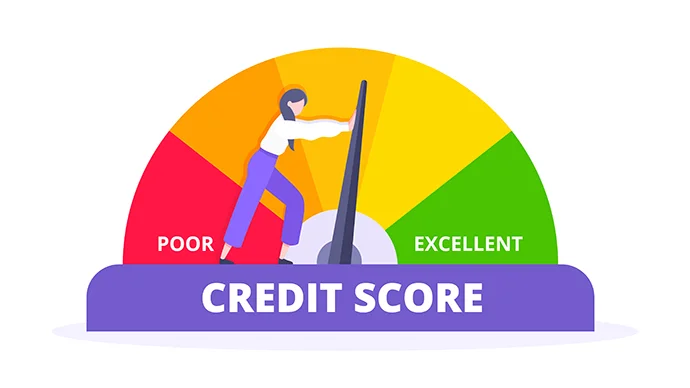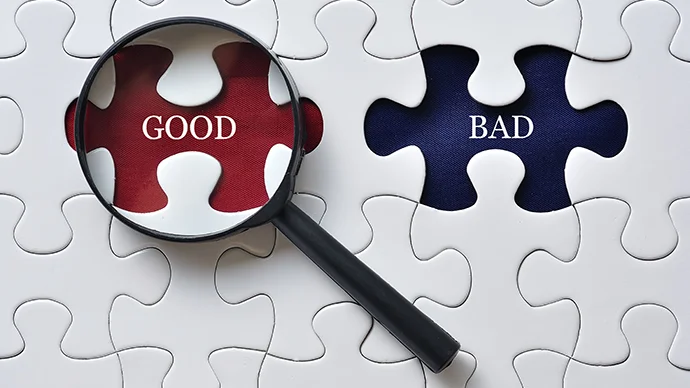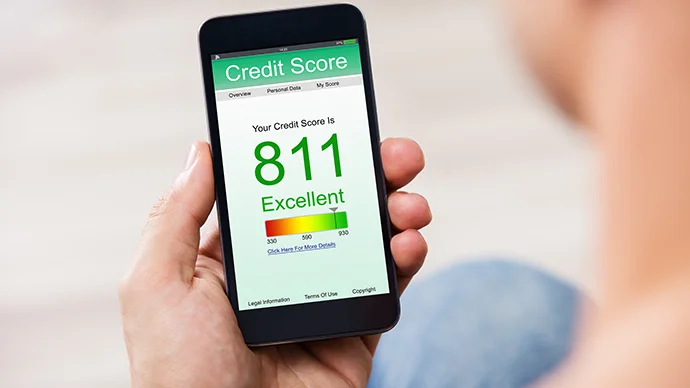
Consumer credit allows you to purchase expensive goods and services quickly rather than saving the money for them first. In addition, consumer credit allows you to build and maintain a good credit score. Establishing a good credit record can be difficult for anyone without a credit history. Here are the steps to help you build credit and maintain a good credit score.
If you plan to obtain a credit card, car loan, or mortgage, make sure you carefully read the contract. It‘s very important to know the interest rate you’re getting and how much you will be paying per month.
Here are two ways to establish a credit history with a credit card:
- Open a secured credit card. Open a deposit account for $500 to $1,000. The financial institution secures the credit card balance with your deposited amount and gives you a credit limit up to that amount. Keep this secured credit card for at least 12 months.
- Apply for a credit card with a co-signer. A co-signer agrees to pay your debt if you are unable to do so yourself. Since co-signing a credit card affects the co-signer’s credit score, it’s important that you use the card responsibly and don’t abuse this assistance. Keep the co-signer on the credit card agreement for no more than 12 months. To remove them from the agreement, you may need to cancel the card. Check with the credit card issuer for details.
Once you’ve established credit, it’s important to manage your debt. To do so:
- Review credit card statements every month;
- If you carry a balance on the card, review how much interest you are paying; and
- Use it only for emergencies or for recurring payments, such as utility bills or fixed expenses.
Ideally, you should pay off the total amount owed on your credit card statement each month. If that isn’t possible, then keep your credit card balance under 50% of the total available balance. For example, if you have a credit card with an available credit of $5,000, your total balance should be no higher than $2,500. This is because credit reporting agencies review your usage and use it to calculate your credit score. The more credit you use and don’t pay off, the lower your score will go.
A third option to establish a credit history is to take out a credit-builder loan. This is a small loan, usually under $1,000, locked in a savings account by the credit union. You make small payments on the loan over a fixed period of time. Each payment is reported to the credit bureaus, which helps you establish a credit history. Once the loan is paid off, you will be given access to the money.
Establishing credit and maintaining a good credit history doesn’t have to be difficult. It just requires a little planning and a little restraint. If you start with a small loan, use the credit carefully, and consistently pay off your debt each month, you’ll establish a strong credit record very quickly.
Source: cuna.org
Related Articles

Good Debt/Bad Debt
Not all debt is necessarily bad, particularly when it can help you build wealth. It’s important to know the difference and how to sort the good from the bad.

Manage Your Credit Cards Better
U.S. consumers are once again increasing their collective credit card debt, which now exceeds $1 trillion.Here's some advice for controlling credit card use.

7 Ways to Protect Your Credit Score
Your credit score is a three-digit number that creditors use to assess how likely you are to repay your loans. Learn seven things you can do to make sure it stays healthy.